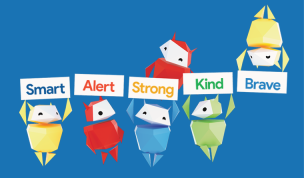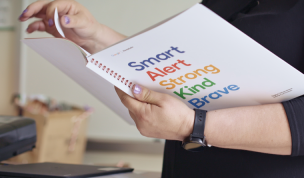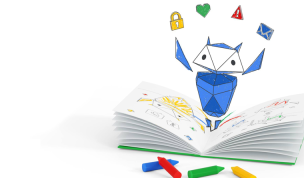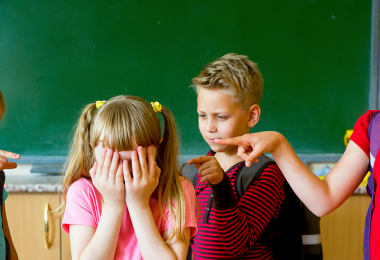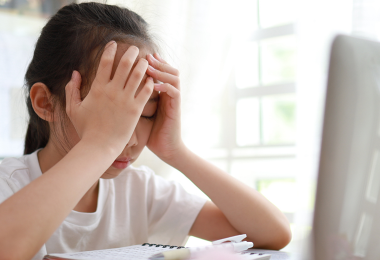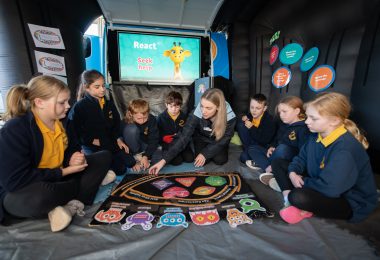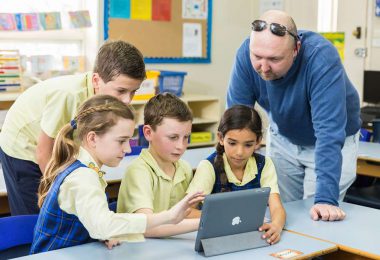Bullying No Way
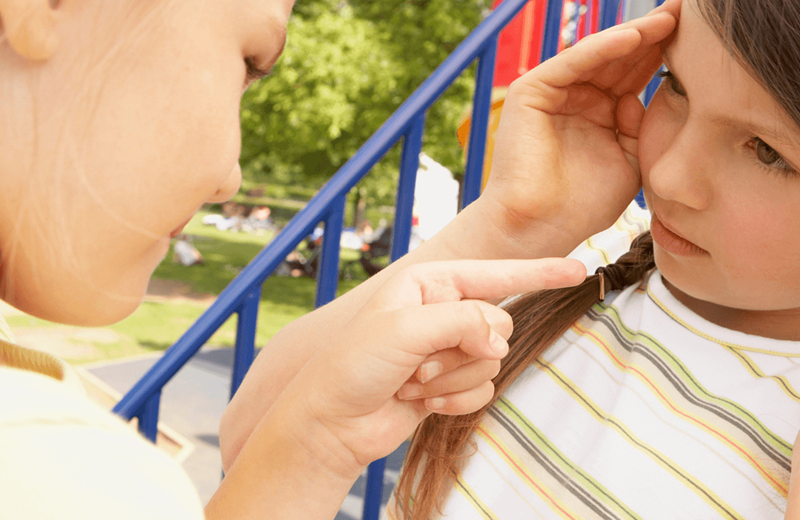
“We all need to try harder.”
These are the words of Tick Everette, after hearing of the recent tragic death of Bathurst schoolgirl Tilly Rosewarne, who suicided after years of bullying.
His own daughter, Dolly died in similar circumstances four years earlier. Despite years of public conversation, awareness and programs, young lives are still being lost.
He’s right. More needs to be done. Bullying is a complex and challenging problem requiring both short- and long-term approaches.
It is the responsibility of all of us to stamp out bullying. Everyone – parents, teachers, students, government, community members – have a role to play when it comes to the safety and wellbeing of others. We all need to try harder.
Cyberbullying is a particularly insidious form of bullying. Its victims suffer acutely. It can happen anywhere, anytime of day. It can spread rapidly and widely. And the anonymity and physical distance of cyberbullying can make it easier to perpetuate.
Covid-19 has turbo charged online bullying. Last year the Office of the e-Safety Commissioner saw a 30 per cent increase in cyberbullying reports compared to 2019.
The more time our children spend on line, the greater their risk of being cyberbullied. Research shows that 60 per cent of children with up to five social media and gaming profiles report being bullied online. If they have 10 or more profiles this increases to 70 per cent.
The good news is our children are getting better at telling us when there is a problem. Fewer children are suffering in silence. Back in 2017, only 46 per cent of young people blocked or unfriended someone online. In 2020, 64 per cent of young people are taking these important steps.
Importantly, we need to stop bullying before it becomes a problem. Fundamental to bullying prevention is the development of self-esteem, self-determination and the ability to self-regulate – all vital parts of emotional development.
When children feel nurtured and socially and emotionally safe, they bully less. This requires more than a single lesson. Children need to be supported to develop these skills through the school years.
When given the necessary skills and support, young people can make great choices. In the Life Ed program children learn empathy and understanding, positive and assertive communication techniques, and how to develop and foster respectful relationships, in an age appropriate way from preschool throughout primary school and beyond.
Parents and carers, teachers, government, communities – we all have a part to play in educating our young people. Adults are important role models. Children absorb the relationship skills they see in the adults in their lives. It is up to us to communicate and promote social norms of kindness, being a good friend, and looking after each other.
The National Day of Action Against Bullying and Violence plays an important part in raising awareness of the problem of bullying including cyberbullying. But the job doesn’t finish at the end of the day. Creating a ‘kindness culture’ is the continued work of all of us.
Kellie Sloane – CEO Life Ed Australia

